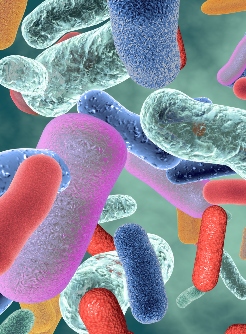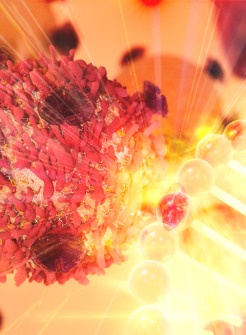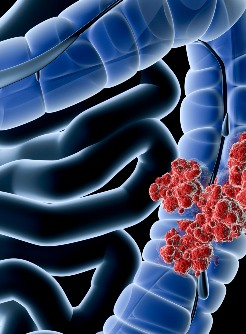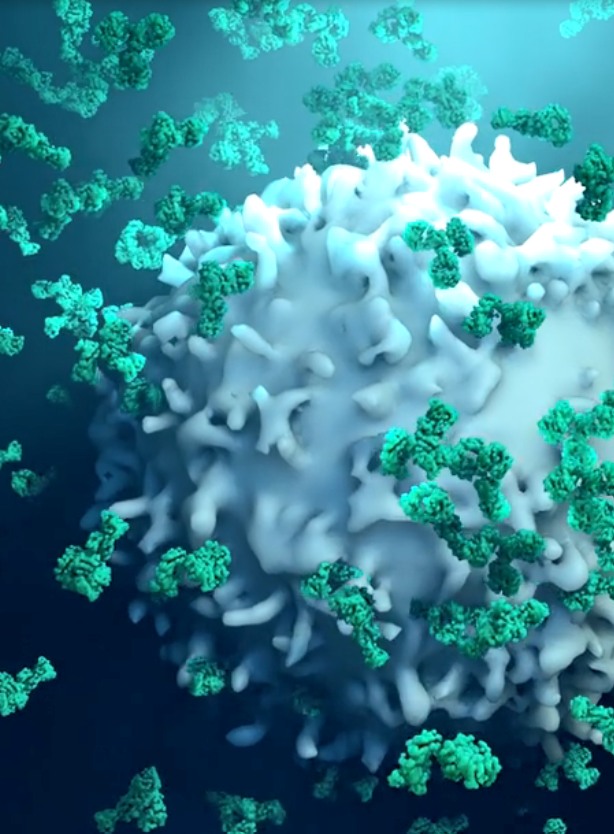FDA Approves Fam-trastuzumab Deruxtecan-nxki for HER2-Positive Gastric Cancer
By MD /alert Staff
January 19, 2021
The FDA approved fam-trastuzumab deruxtecan-nxki (Enhertu, Daiichi Sankyo) for adult patients with locally advanced or metastatic HER2-positive gastric or gastroesophageal adenocarcinoma who relapsed on prior trastuzumab-based therapy, according to a press release.
The FDA based its approval on results from the DESTINY-Gastric01 trial, which included 188 patients with HER2-positive gastric cancer who progressed on at least two prior regimens including trastuzumab, a fluoropyrimidine- and a platinum-containing chemotherapy. 
“This approval represents the first time a HER2-directed medicine has demonstrated a significant improvement in survival compared to chemotherapy following initial treatment in the metastatic setting, and it has the potential to become the new standard of care for this patient population,” Ronan Kelly, MD, MBA, director of the Charles A. Sammons Cancer Center and the W.W. Caruth, Jr. chair of Immunology at Baylor University Medical Center, said in a press release.
Researchers randomly assigned patients 2:1 to receive IV fam-trastuzumab deruxtecan-nxki 6.4 mg/kg every 3 weeks or physician’s choice of either irinotecan or paclitaxel monotherapy.
Overall survival and objective response rate assessed by independent central review served as the primary endpoints.
OS was longer among patients treated with fam-trastuzumab deruxtecan-nxki compared with the control arm (12.5 vs 8.4 months; HR = 0.59; 95% CI, 0.39-0.88). ORR was 40.5% in the treatment arm compared with 11.3% in the control arm. Researchers reported a median PFS of 5.6 months among those randomized to fam-trastuzumab deruxtecan-nxki compared with 3.5 months in the irinotecan or paclitaxel arm. Median duration of response was also higher in the treatment arm (11.3 vs 3.9 months, respectively).
The most common adverse reactions included anemia, leukopenia, neutropenia, lymphocytopenia, thrombocytopenia, nausea, decreased appetite, increased aspartate aminotransferase, fatigue, increased blood alkaline phosphatase, increased alanine aminotransferase, diarrhea, hypokalemia, vomiting, constipation, increased blood bilirubin, pyrexia, and alopecia.
The Prescribing Information includes a Boxed Warning advising of the risk of interstitial lung disease and embryo-fetal toxicity.
The FDA previously granted priority review breakthrough therapy designation and orphan drug designation to this therapy for gastric cancer.


.jpg)














